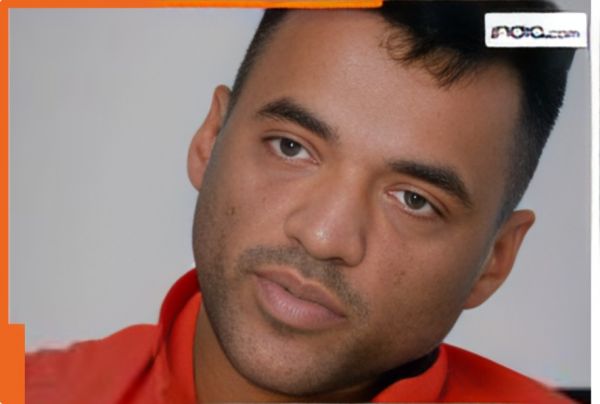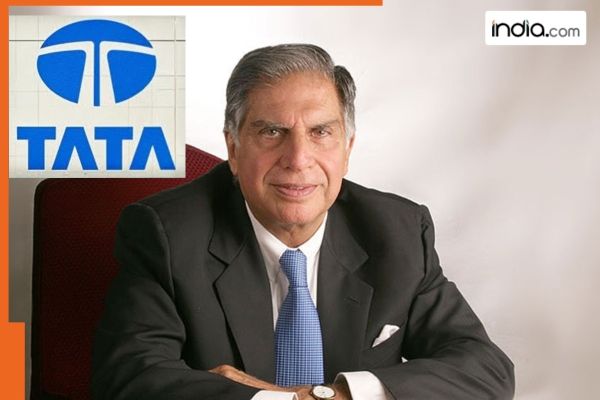"College - does not matter. Resume -not needed," read the hiring post on X last month when Sudarshan Kamath, founder of artificial intelligence startup Smallest.ai, announced that the company was on the lookout for a full-stack engineer, offering a salary of ₹40 lakh per annum. The Bengaluru-based startup unsurprisingly found itself swamped with applications - more than 7,000 at last count. But significantly, it wasn't just a move to grab eyeballs.
At Smallest.ai, which runs with a lean team of about 14 people, around four of the 10 employees in the data science and software development teams have either never been to college or are dropouts. That doesn't stop them from holding their own against teammates with fancier pedigrees, from IITs, VIT and IIIT.
The founders, Kamath and Akshat Mandloi, themselves are from IIT Guwahati but feel it's not the degrees, but the delivery that counts. "We don't want to lose out on any talent, including self-taught individuals, so the hiring process for us is always skill-based. We hire based on the kind of aptitude people have shown through their personal or work projects. We'd never want to put in a filter based on educational qualifications, colleges, etc.," said Mandloi. Stirrings of change are evident even in India's uber-competitive, degree-obsessed market as a growing band of companies embrace a skills-first approach to hiring.
Discount broker Zerodha, for instance, believes capital markets need individuals who are curious and eager to learn, rather than just certifications and formal educational qualifications. Most of the hiring is inbound candidates applying to want to come and work with Zerodha, said Mohammed Shoaib, vice-president - onboarding and business administration, and the process of selecting candidates is to understand their motivation, the work that has gone into building some foundation for skills and knowledge, and the ability to constantly learn. Most of this is evaluated through multiple conversations across a few interview rounds.
At Smallest.ai, which runs with a lean team of about 14 people, around four of the 10 employees in the data science and software development teams have either never been to college or are dropouts. That doesn't stop them from holding their own against teammates with fancier pedigrees, from IITs, VIT and IIIT.
The founders, Kamath and Akshat Mandloi, themselves are from IIT Guwahati but feel it's not the degrees, but the delivery that counts. "We don't want to lose out on any talent, including self-taught individuals, so the hiring process for us is always skill-based. We hire based on the kind of aptitude people have shown through their personal or work projects. We'd never want to put in a filter based on educational qualifications, colleges, etc.," said Mandloi. Stirrings of change are evident even in India's uber-competitive, degree-obsessed market as a growing band of companies embrace a skills-first approach to hiring.
Discount broker Zerodha, for instance, believes capital markets need individuals who are curious and eager to learn, rather than just certifications and formal educational qualifications. Most of the hiring is inbound candidates applying to want to come and work with Zerodha, said Mohammed Shoaib, vice-president - onboarding and business administration, and the process of selecting candidates is to understand their motivation, the work that has gone into building some foundation for skills and knowledge, and the ability to constantly learn. Most of this is evaluated through multiple conversations across a few interview rounds.








